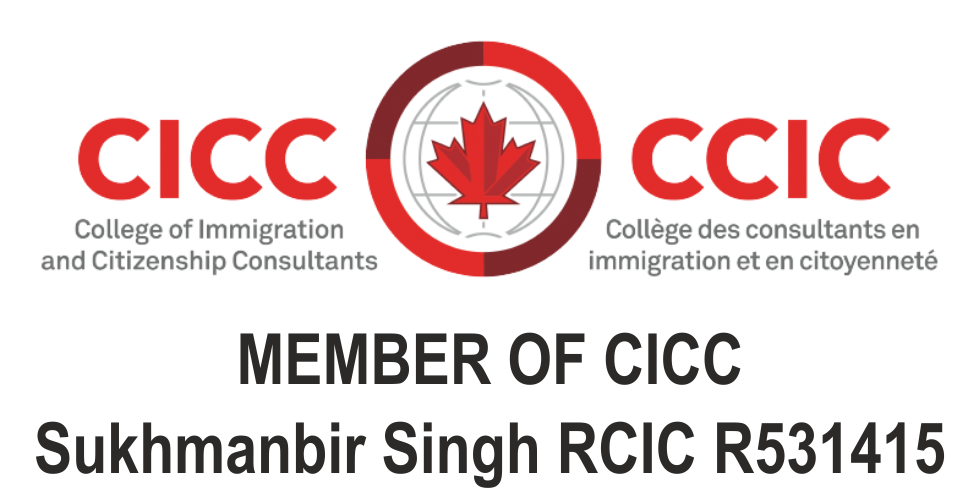Super Visa
A Canadian Super Visa is a multiple-entry visa usually issued for a longer period (up to 10 years) for parents and grandparents of permanent residents or Canadian citizens. The main difference between a Visitor Visa and a Super Visa is that the Canadian Super Visa provides multiple entries for a period of up to 10 years and allows parents and grandparents to stay for 2 years at a time, instead of entering Canada for only 6 months each time. This extended duration enables families to spend more time together without the need for frequent renewals. Additionally, the Super Visa can significantly ease the burden of travel logistics for families separated by borders. There are certain requirements to be able to obtain a Super Visa for Canada. The Super Visa enables parents and grandparents to stay in Canada for 2 years without renewing their status.

Eligibility Criteria and Documentation Requirements for Super Visa
The Super Visa is available to eligible parents and grandparents of Canadian citizens and permanent residents, allowing them to visit Canada for up to 5 years per entry. To qualify, applicants must apply from outside Canada, meet temporary residence requirements, and provide supporting documentation as outlined in the Ministerial Instructions.
Applicants must provide evidence of their relationship to the host in Canada. Acceptable documents include the child’s or grandchild’s birth certificate, baptismal certificate, or any official documentation that identifies the applicant as the parent or grandparent.
The host must demonstrate their status in Canada through documentation such as a copy of their Canadian citizenship certificate or permanent resident card. Additionally, the host must be at least 18 years old and prove that they reside in Canada.
The host must meet or exceed the minimum necessary income based on Statistics Canada’s low income cut-offs (LICO). Documentation to support this includes the most recent Notice of Assessment, T4 or T1 forms, pay stubs, and letters from employers confirming income.
If applicable, the spouse or common-law partner of the host may co-sign the invitation letter. The co-signer must provide proof of their relationship to the host, their status in Canada, and evidence of income, which can be combined with the host’s income to meet the minimum necessary income requirements.
Applicants must provide proof of submitting to an immigration medical exam and demonstrate that they are admissible to Canada on health grounds. This includes completing any required medical tests and assessments.
Applicants must show satisfactory evidence of valid health insurance coverage from a Canadian insurance company or an approved foreign insurance provider. The policy must cover healthcare, hospitalization, and repatriation for a minimum of one year and provide at least $100,000 in emergency coverage.
A letter of invitation must be provided, written and signed by the host (and co-signed by a spouse or common-law partner, if applicable). This letter must include a promise of financial support for the applicant during their stay and a family size calculation to assess the host’s income requirements.
The host must include certain individuals in the family size calculation to determine if they meet the minimum necessary income. This includes the host, their spouse or common-law partner, dependent children, the Super Visa applicant, and any previously sponsored individuals or Super Visa holders.
Notably, the family members of the Super Visa applicant are not included in the family size count for income requirements, which differs from the count used for sponsorship under the family class.
Super Visa Process
- A Super Visa can be applied for either online or on paper. While the forms and supporting documents are the same for both methods, the online application tends to result in quicker communication with IRCC, especially if additional documentation is requested during processing.
- Applicants from visa-exempt countries who plan to enter Canada by air must also apply for an Electronic Travel Authorization (eTA) as part of their travel requirements. This step is essential to ensure compliance with entry regulations.
- When applying for a Super Visa from outside Canada, it is crucial to attach all required documents to the application. Providing complete and accurate documentation helps facilitate a smoother processing experience and reduces the likelihood of delays.





